哪一句语录突显了信任在爱情中的关键作用?
zhou(作) 情感语录"Love is blind, but marriage restores its sight." This timeless adage by Samuel Johnson beautifully encapsulates the profound role that trust plays in a romantic relationship. It suggests that while love can be an all-consuming passion that clouds our judgment, it's only through the commitment of marriage (or any long-term partnership) that we truly see each other—and ourselves—clearly. And at the heart of this clarity lies trust.
Trust is the foundation upon which lasting relationships are built. It is the glue that holds couples together during both good times and bad. Without trust, love is merely infatuation; a superficial emotion that lacks the depth required to weather life's storms or share in its joys fully. Trust allows partners to be vulnerable with one another, knowing they will not be taken advantage of or betrayed.
In a trusting relationship, individuals feel secure enough to express their true selves without fear of rejection. They can confide in their partner about fears, dreams, and past experiences, fostering a deep emotional intimacy that strengthens the bond between them. Trust also means being able to rely on your partner for support, whether that means asking for help with daily tasks, navigating difficult conversations, or facing significant life challenges side by side.
The ability to trust someone deeply is earned over time through consistent actions that demonstrate reliability, honesty, and integrity. It requires open communication, active listening, and mutual respect. Partners must be willing to work hard to maintain trust, even when faced with temptation or misunderstandings. A breach in trust can be devastating, often leading to irreparable damage if left unaddressed or repaired poorly.
Samuel Johnson's quote reminds us that once two people have entered into a committed relationship like marriage, they begin to see each other more clearly than ever before. The reality of sharing a life includes seeing the flaws as well as the virtues of your partner. But within this newfound vision comes a deeper understanding and acceptance. Couples learn to appreciate the beauty of their union despite its imperfections because they trust that they are in it together, come what may.
In conclusion, "Love is blind, but marriage restores its sight" highlights how trust transforms love from a fleeting feeling into a resilient force capable of enduring through the complexities of real life. It underscores the importance of cultivating a culture of trust within a relationship where vulnerability is met with safety, honesty is valued above convenience, and loyalty reigns supreme. For those who foster such conditions, the rewards are immeasurable: a love that grows stronger with every passing year, fortified by the bedrock of trust.
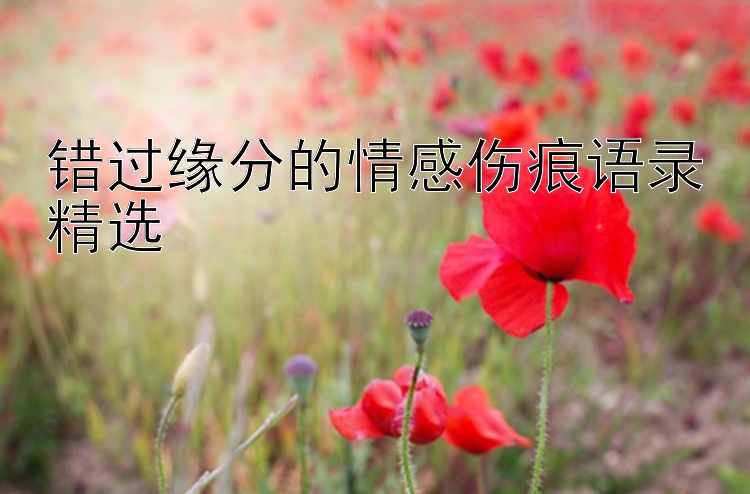

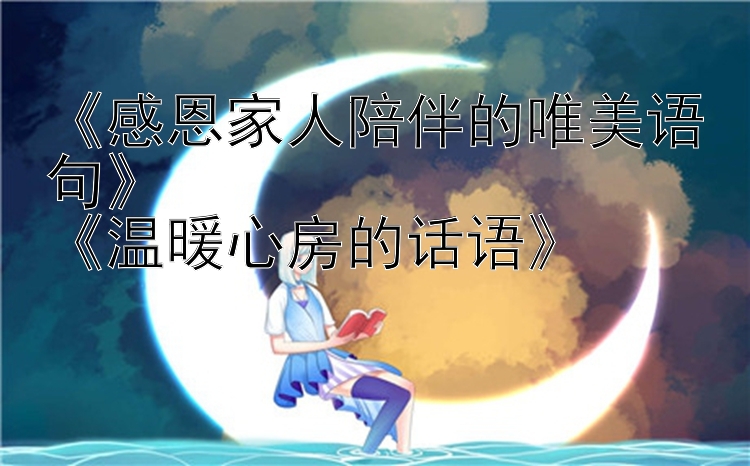
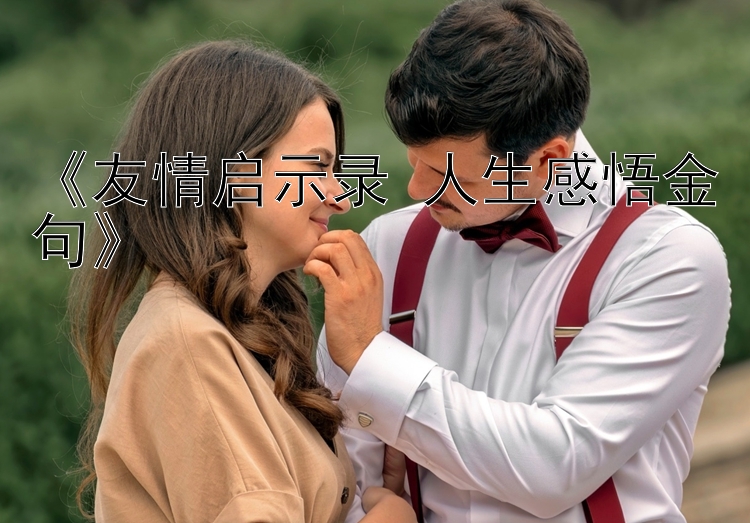


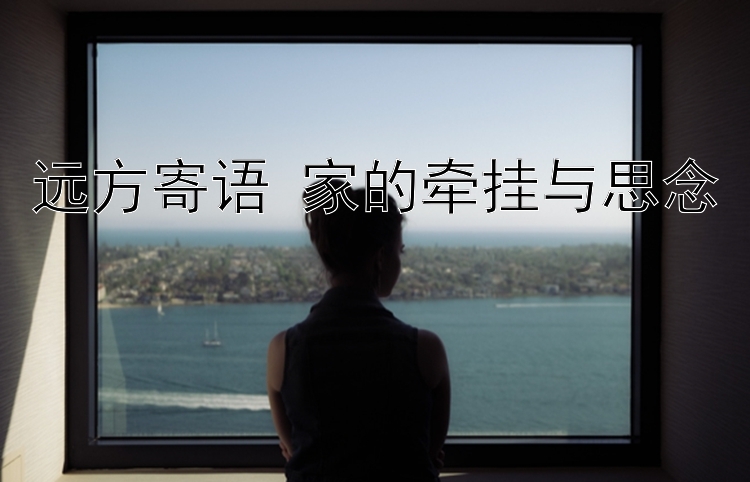

 有哪些表达真挚友情的名言警句?
有哪些表达真挚友情的名言警句? 有哪些语录能够深刻表达对过往回忆的情感?
有哪些语录能够深刻表达对过往回忆的情感? 哪些名言能够恰当地传达对亲情的感激之情?
哪些名言能够恰当地传达对亲情的感激之情?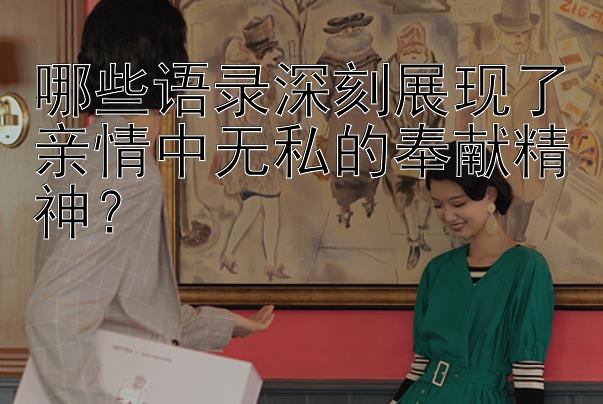 哪些语录深刻展现了亲情中无私的奉献精神?
哪些语录深刻展现了亲情中无私的奉献精神? 有哪些描述爱情中冲突与和谐的经典引用?
有哪些描述爱情中冲突与和谐的经典引用? 有哪些语录能体现亲情中的支持与鼓励?
有哪些语录能体现亲情中的支持与鼓励?